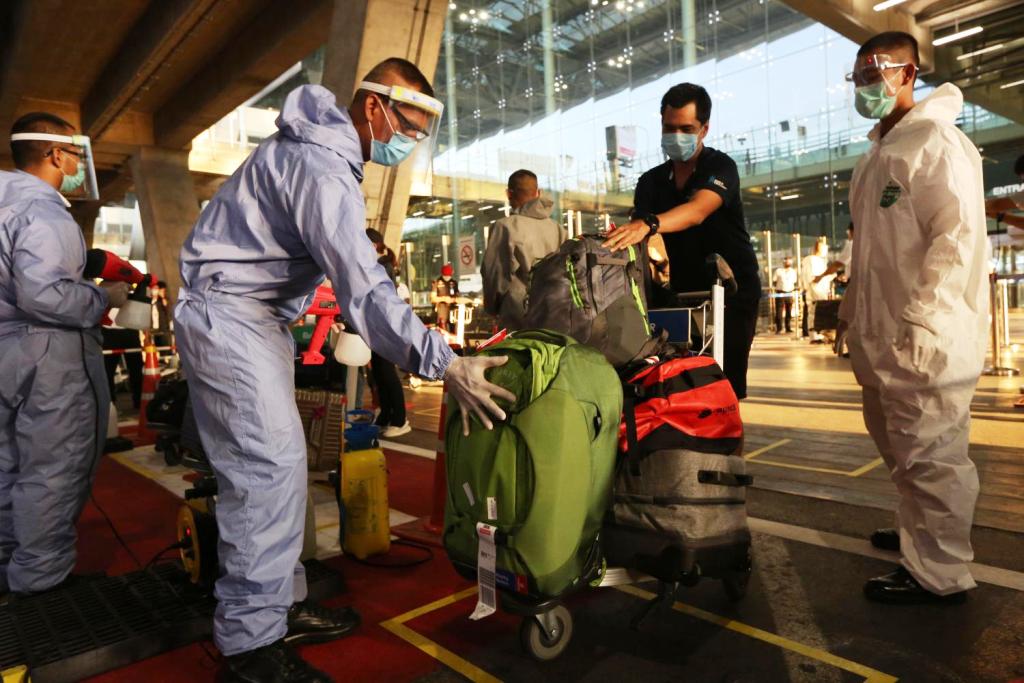Hotels in Thailand have raised concerns with regards to the alternative local state quarantine (ALSQ) certification program. Many hotels have become more reluctant to apply for alternative local state quarantine (ALSQ) certification because of the uncertainty of inbound demand and different degrees of health safety measures in each province during the first phase of reopening.
Marisa Sukosol Nunbhakdi, president of the Thai Hotels Association (THA),told the Bangkok Post that the latest reopening plan for tourists under the special tourist visa (STV) scheme, which allows direct flights to destinations with certified quarantine facilities, has led to a number of ALSQ hotels in the provinces to lose out on business opportunities. It may prevent some hotels from gaining ALSQ certification.
“As connecting flights for STV arrivals are not allowed, there’s less chance for hotels in other provinces, such as Phuket and Samui, to earn from this scheme. This even though some are already certified as ALSQ hotels,” said Mrs Marisa.
Thailand has over 13,000 hotel rooms available for quarantine. But the average occupancy for those room was only 30%. More hotel operators are gradually adding to their inventories in the ALSQ system. With the target to have more stable income with the STV scheme.
The Tourism and Sports Ministry estimates the STV scheme can draw 1,200 foreign tourists a month to Thailand.
Hotels thinking twice before applying
Mrs Marisa said for Hotels in Thailand that have gained ASQ status, it has led to a minimal profit. Because these sites must bear extra services costs, such as mandatory Covid-19 tests from partnered hospitals.
“There’s also the question of lack of balance between supply and demand. If we include future ASQ and ALSQ supply, as demand remains soft.” Saying hotels in Thailand that already have a healthy portion of domestic guests may think twice before applying for state quarantine status.
According to statistics from the Tourism and Sports Ministry, the average occupancy rate for hotels at major tourism destinations was 24.2% in September, up from 23.7% in August and 21.6% in July.
Moreover, hotel operators would like provincial administrations to rely on the same standards to avoid confusion among tourists about rules and regulations. “Different provinces are imposing diverse plans for tourists depending on each provincial governor’s order, so the government should urgently address this point to avoid confusion among tourists and hotels operators,” said Mrs Marisa.
Reducing the state quarantine period
THA and a group of ASQ and ALSQ hotels are working with online travel agents (OTAs) to expand marketing channels for quarantine facilities in Thailand, hoping to beef up the low occupancy rates.
Hotels would like OTAs to become platforms for their hotels, giving tourists on the STV scheme and other groups that were allowed to enter Thailand earlier more convenient booking options.
In regard to the latest proposal from the Public Health Ministry on reducing the quarantine period from 14 days to 10 days, Mrs Marisa said even though ASQ hotels would have less income if this proposal is adopted, in general it is a positive move if this policy can attract more tourists, helping the tourism industry as a whole.






